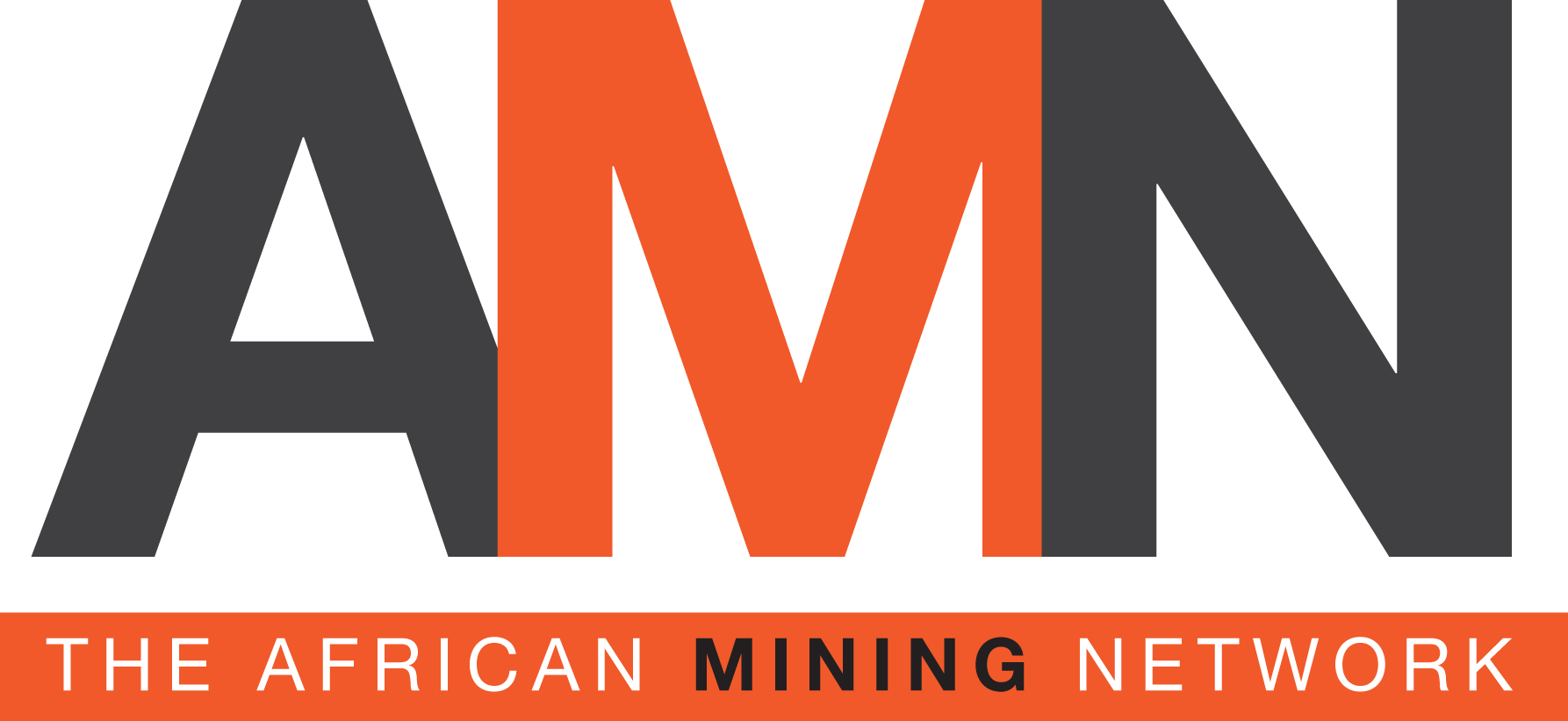- Yolanda Torrisi
- +61 412 261 870
- yolanda@yolandatorrisi.com
- Nina van Wyk
- +27 82 926 3882
- nina@africanminingnetwork.com

Côte d'Ivoire and Mali are expected to experience the fastest mining industry value growth rates across Sub-Saharan Africa. A report from BMI Research, a unit of Fitch Group, says the countries will benefit from large untapped reserves, numerous investment projects and improving business environments, however, security and political uncertainty will pose headwinds.
BMI says that the two nations will outperform all major mining producing countries in Africa in the coming years. A strong project pipeline and huge untapped reserves will boost Mali's mining sector, while a favourable regulatory environment and solid infrastructure developments will be key drivers of Côte d'Ivoire’s growth prospects.
Starting from a relatively low base, BMI forecasts Côte d'Ivoire and Mali will post average annual mining industry value growth of 15.6% and 10%, respectively over 2017 to 2021, putting them above the likes of markets such as the DRC.
Mali's Ministry of Mines estimates that as of February 2017 the country held approximately 822 tonnes of gold reserves. However, only about six of Mali’s 133 potentially gold-rich reserves have been mapped out, offering significant growth opportunities.
BMI says Mali comes second in Sub-Saharan Africa in number of new gold projects with six projects in operation or in construction. While Burkina Faso tops the list, Mali will benefit from major projects due to come online in 2017.
Two key projects include B2Gold's Fekola, which is due to commence production in October 2017, and Hummingbird's Yanfolila, which is expected to begin production in Q4, 2017. At the same time, the Loulo-Gonkouto mining complex of Randgold Resources, aims to produce over 600,000 ounces annually for at least the next decade.
Côte d'Ivoire’s progressive mining code introduced in 2014 and ongoing infrastructure improvements will make the country one of the more investor friendly countries in the region, according to BMI, and will incentivise exploration investment in the coming years.
The new code introduces greater transparency in permit allocation procedures, making it less likely that government officials with a role in mining sector management will be able to take an interest in a mining company.
Other key revisions include the extension of exploration permits to 10 years, up from seven previously, and the removal of the additional profit tax which used to be payable by permit holders at 7% of turnover. These changes have pushed Côte d'Ivoire to third in BMI’s Mining Risk/Reward Index, ahead of South Africa.
BMI’s infrastructure team forecasts strong annual average growth of 6% in Côte d'Ivoire's construction sector over the forecast period to 2026 as the government ramps up infrastructure spending, while foreign investment pours into the country's port system.
Foreign miners will continue to explore Côte d'Ivoire’s untapped gold reserves in years to come. Randgold has put the country at the forefront of its ‘Three In Five’ strategy in which the firm aims to explore and secure three projects in the next five years.
Despite the positive outlook, ongoing concerns in the political environment of Côte d'Ivoire and security threats in Mali pose downside risks. In Côte d'Ivoire, BMI's Country Risk team believes the possibility of political conflict following the expected departure of President Alassane Outtara in 2020 cannot be ruled out.
In particular, disenfranchised voters, social/ethnic divisions and the challenge of integrating demobilised soldiers will continue to cause tension and the potential for violence in coming years. Given the long-term nature of this view, BMI highlights this scenario as a downside risk to the otherwise positive prospects of the country's mining industry.
In Mali, the gold-rich regions of Kayes and Sikasso in the south are largely out of reach of militant and terrorist conflict plaguing large parts of the central and northern regions. However, the possible break-down of a delicate peace accord with Tuareg-led separatist rebels could lead to another flare-up in conflict and open the possibility for Islamist groups ' activity to spread across the country, which would negatively impact gold production.
Yolanda Torrisi is Chairperson of The African Mining Network and comments on African mining issues and the growing global interest in the African continent. Contact:yolanda@yolandatorrisi.com

